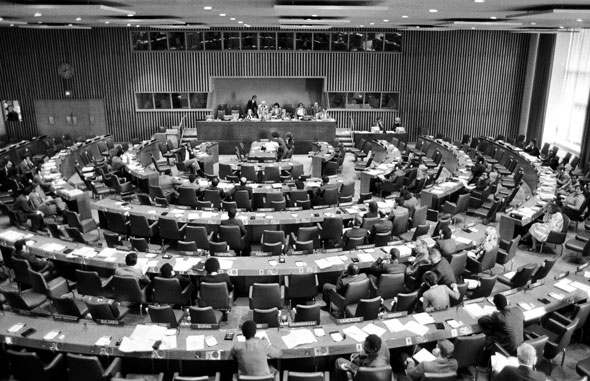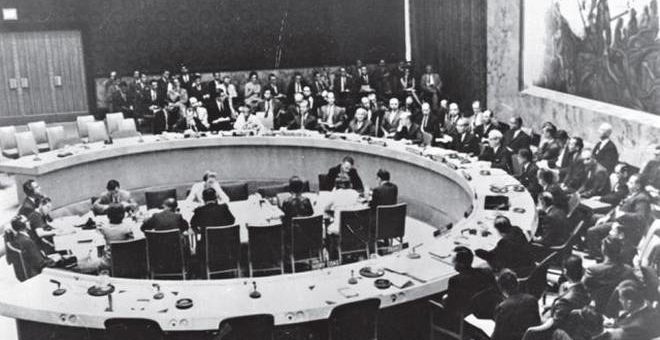
United Nations Security Council Resolution 38, adopted on January 17, 1948, called upon the governments of India and Pakistan to refrain from in any way aggravating the situation in Kashmir and deploy any means at their disposal to improve it. It further requests both governments inform the council of any material changes in the situation while it is under the Council’s consideration.

